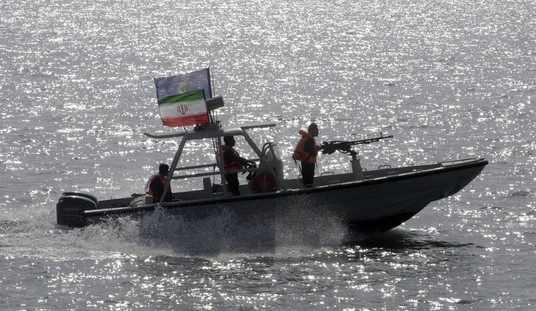
In response to an alleged caravan of asylum seekers attempting to reach the US border by way of Mexico, CNN recently reported:
Migrants in the caravan began crossing into Mexico last Sunday. This year’s group—part of an annual event organized by a group called “Pueblo Sin Fronteras,” or People Without Borders—is the largest yet, numbering more than 1,000 people, according to organizers. A large number of participants are from Honduras, where organized crime fuels widespread violence and protesters recently took to the streets.
Those who make it to the United States rarely succeed in winning asylum. But their cases can take years to make their way through the backlogged system.
In 2016, the United States gave Honduras $128 million in foreign aid, but the problems of corruption, poverty and crime persist. It is no wonder that so many people from this region known for crime, poverty, and corruption (not just Honduras) would seek a better life in the United States. Compared to their homelands, we are Utopia. But, this is 2018, not 1918. We are not the same land of opportunity which brought a former wave of immigrants to our shores. Nor, is a poem on a statue in New York harbor a good immigration policy.
A choice must be made and one our leaders are ill-equipped to make. On one hand, we have this natural tendency to see the plight of foreigners less fortunate than we. We feel pity for the refugees and our first inclination is to help them. And we should help them some of the time. On the other hand, we rationally see, or should see, that this country is a nation, not a charity. Because we are not a charity, there are limits to how and to what degree we can help them. The sooner we realize this and act accordingly, the sooner we gain some semblance of a nation with borders.
The question is whether our educational system can produce people willing to make the rational decisions and judgments, or are we to be guided by pure pity and a false sense of altruism? Good intentions do not necessarily lead to good outcomes. Good intentions absent good judgment make things decidedly worse as recent Leftist history illustrates.
Human history is one of competition where some succeed and others do not. The virtue of charity today has to be tempered with a degree of the knowledge of necessary limits to that charity. Unfortunately, today’s educational system, especially higher education, is teaching the opposite. We are teaching people who lack the will to rationally deal with the current situation.
Most of today’s intellectual class comes from a position of privilege. Their weak characters feel guilt and pity. Many have never suffered failure and they fail to learn from life’s greatest teacher- experience. As a result, a self-destructive idealism takes root and spreads throughout culture, like an invasive species of plant taking over.
In higher education today, self-loathing is the main characteristic. It is a continuous recitation of the sins of the past and this illness has been converted into a virtue by the educational elite. While slavery and our treatment of Native Americans are certainly “sins,” the United States is in no way unique in these regards. Today, school children believe that slavery was somehow a uniquely American invention and institution. Some are surprised to learn later that genocide did not just occur in this country, but around the world and to a much greater and horrible degree. This does not infer we stop teaching about the sins of our past. But, it certainly demands that we stop dwelling on them.
Today, competition and elitism are frowned upon in education. Ironically, those two metrics are what China aspires to and the reason they are gaining on us technologically and economically. The greatest era of innovation in America occurred when competition and elitism were virtues, not the subject of derision.
Excellence of both mind and character were once the goals of classical liberal education. While STEM is of practical importance, a wise character cannot be taught in a series of formulas and mathematical equations. For that, the teaching of philosophy, literature, religion and history are important. Military history in particular is important towards these ends since they teach the importance of rank and authority, something discarded from modern education. This is the traditional view of education and one that the educational elites now view with skepticism or scorn.
It was in the late 1960’s that we saw this traditional view of education which created scholars surely better than today’s attacked and neglected. In their stead were courses that favored the new wave of feminism and its bastard offspring, multicultural studies. Both teach resentment and self-loathing, more willing to dwell on the sins of the past rather than create rational-thinking future leaders prepared to make the hard decisions necessary to keep a nation just that- a nation.
Until education is reformed and restored to its former greatness, we will always have these arguments about immigration policy based purely on passion, not reason. The United States, despite its massive wealth and plethora of freedoms that seem under attack daily, can ill-afford to be a dumping ground for every impoverished citizen of the world.













Join the conversation as a VIP Member